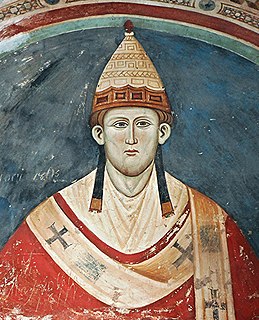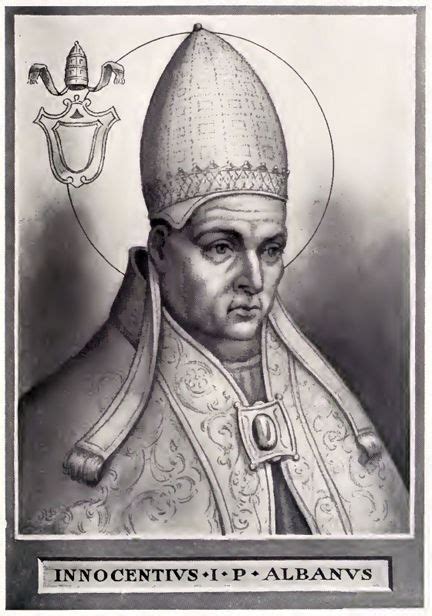A Quote by Saint Augustine
The customs of God's people and the institutions of our ancestors are to be considered as laws. And those who throw contempt on the customs of the Church ought to be punished as those who disobey the law of God.
Related Quotes
God...my self in the Bronx always says that God has a funny sense of humor. ..He has a way of treating things, he deals with each individual soul delicately, tenderly, compassionately but he deals with groups of people [country] according to certain laws and he always observes those laws and that means the innocent are punished with the evil.
One of the paradoxes of liberal societies arises from the commitment to tolerance. A society committed to respecting the viewpoints and customs of diverse people within a pluralistic society inevitably encounters this challenge: will you tolerate those who themselves do not agree to respect the viewpoints or customs of others? Paradoxically, the liberal commitment to tolerance requires, at some point, intolerance for those who would reject that very commitment.
It has been said by church historians that in those periods of Christian history where renewal, revival, and awakening took place and the church was at its strongest, that coincidental with those periods in church history, there was a strong focus on the psalms in the life of God's people-particularly in the worship of God's people.
Anarchy, when it works to destroy authority in all its aspects, when it demands the abrogation of laws and the abolition of the mechanism that serves to impose them, when it refuses all hierarchical organization and preaches free agreement - at the same time strives to maintain and enlarge the precious kernel of social customs without which no human or animal society can exist. Only, instead of demanding that those social customs should be maintained through the authority of a few, it demands it from the continued action of all.










































